Department Of Pharmacology
-
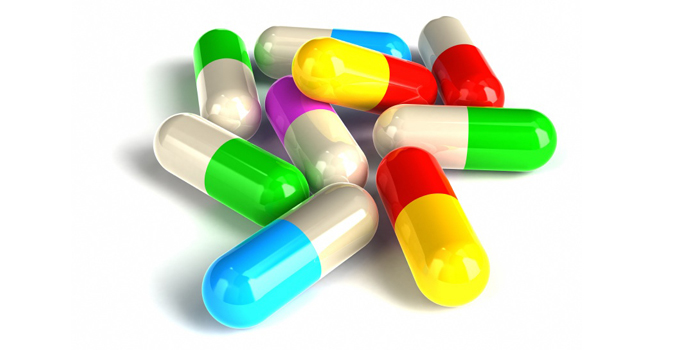
Channel drug restores glucose balance
A new compound that activates potassium channels could be used to treat disorders of glucose homeostasis. Read MoreApr 16, 2014
-
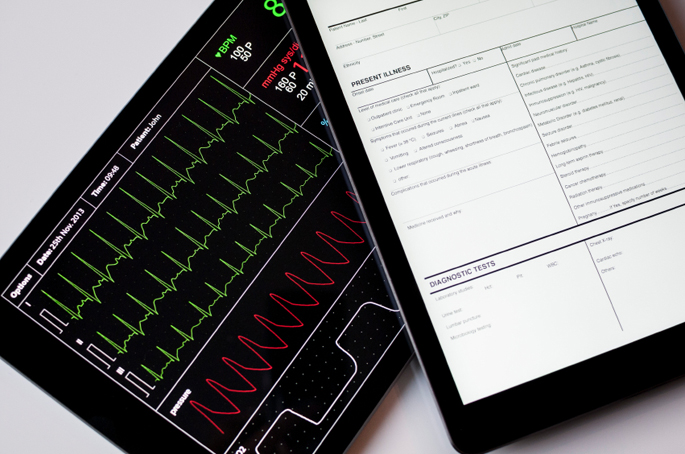
E-records shed light on drug response
Electronic medical records linked to DNA biobanks are a valid resource for defining and understanding the genetic factors that contribute to drug response. Read MoreMar 31, 2014
-

Cell signaling expert Clapham set for next Discovery Lecture
Neuroscientist and biophysicist David Clapham, M.D., Ph.D., known for his studies of ion channels and cell signaling, will deliver the next Flexner Discovery Lecture on Thursday, April 3, in 208 Light Hall. Read MoreMar 27, 2014
-

Small molecule protects kidney filter
A compound identified at Vanderbilt has therapeutic potential in protecting the kidney filter barrier. Read MoreMar 19, 2014
-
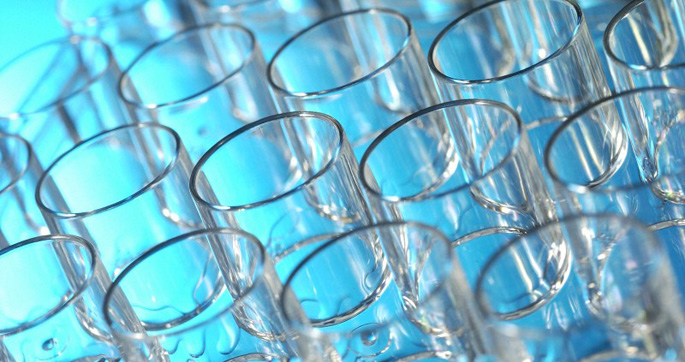
A new way to target cancer-driver Ras
Vanderbilt researchers have discovered small molecules that turn off cancerous Ras signals in a new way. Read MoreMar 13, 2014
-
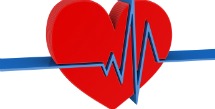
Keeping the beat after heart surgery
Variation in the gene for the beta-1 adrenergic receptor increases the risk that a patient will have an abnormal heart rhythm after cardiac surgery. Read MoreFeb 10, 2014
-

Brain-gut connection in autism
An association between rigid-compulsive behaviors and gastrointestinal symptoms in autism spectrum disorder may point to a common biological pathway that impacts both the brain and the gut. Read MoreJan 9, 2014
-

Shining a light on night blindness
Vanderbilt researchers are studying how mutations in the receptor for light, rhodopsin, cause light blindness. Read MoreOct 24, 2013
-
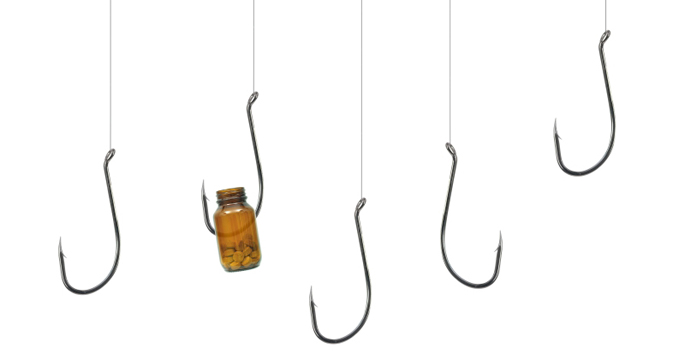
Fishing for new anti-cancer drugs
Vanderbilt investigators used an in vivo screen in zebrafish to identify a potential new anti-cancer drug. Read MoreSep 18, 2013
-
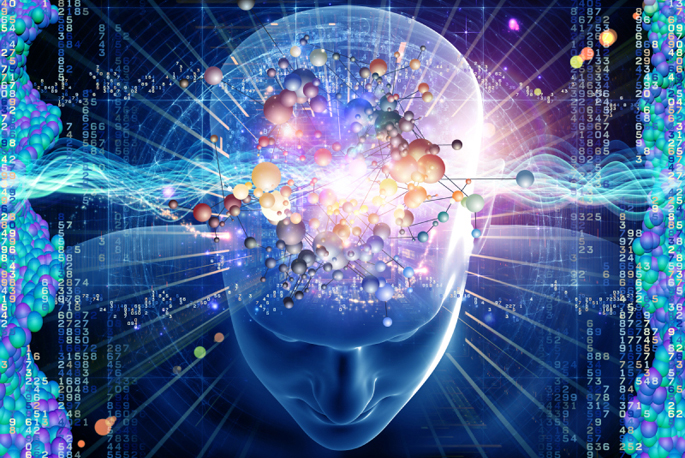
Mapping brain membrane proteins
New mass spectrometry imaging methods will enable studies of the distribution and identification of membrane proteins directly within tissues. Read MoreSep 16, 2013
-

Oxidative stress in autism
A biomarker for oxidative stress is elevated in patients with both autism spectrum disorder and gastrointestinal dysfunction, suggesting opportunities for individualized approaches to clinical care. Read MoreAug 14, 2013
-

Rhythm response tied to gene variant
A genetic variant that increases risk for atrial fibrillation also impacts the response to a common therapy for the heart rhythm disorder. Read MoreJun 21, 2013
-
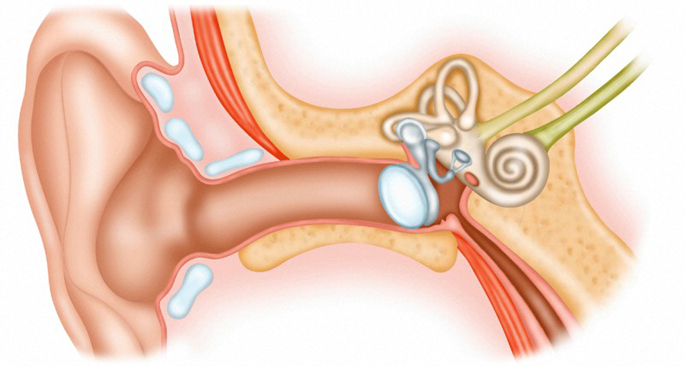
Inner ear’s role in bone remodeling
The inner ear system that senses gravity and movement plays a role in bone remodeling – a finding that has clinical implications for space travel and for patients with inner ear disorders. Read MoreMay 15, 2013
-
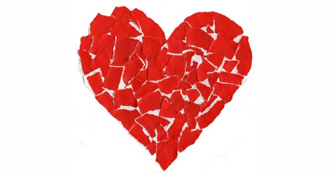
Profiling heart cells
A “profile” of the genes and regulatory networks that govern early heart valve development lay the groundwork for generating valves from a patient’s own cells. Read MoreMay 10, 2013
-
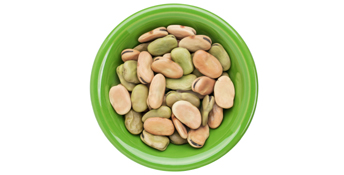
Fava beans’ impact on urine sodium
Eating fava beans increases dopamine in blood and urine, but does not stimulate urinary sodium excretion. Read MoreApr 29, 2013
-
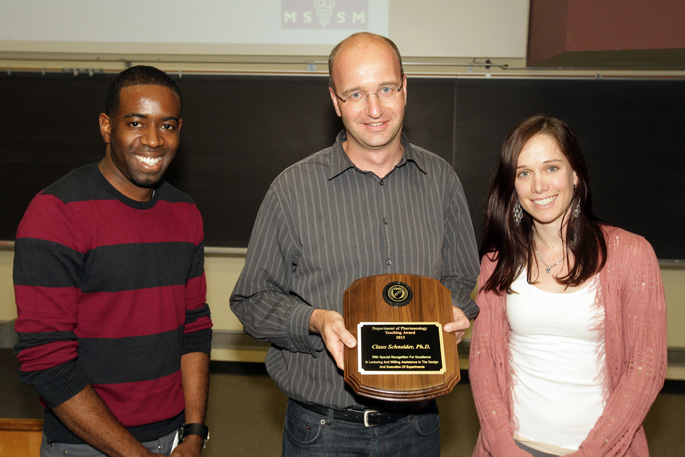
Photo: Pharmacology Forum
Claus Schneider, Ph.D., assistant professor of Pharmacology, center, is presented with the 2013 Teaching Award by Pharmacology graduate students Odaine Gordon and Katie Sprinkel during last week's Joel G. Hardman Student Invited Pharmacology Forum. Read MoreApr 18, 2013
-

Pharmacology forum to explore neurobiology of criminal behavior
“The Neurobiology of Criminals” is the theme of the 22nd annual Joel G. Hardman Student-Invited Pharmacology Forum, April 11 in 208 Light Hall. Read MoreApr 4, 2013
-

Harvard’s Kathiresan set for Wilkinson Lecture
Sekar Kathiresan, M.D., director of Preventive Cardiology at Massachusetts General Hospital, will deliver the ninth annual Grant R. Wilkinson Distinguished Lecture in Clinical Pharmacology on Thursday, April 11. Read MoreApr 4, 2013
-

Harvard’s Seidman to speak at VU
Jonathan Seidman, Ph.D., who has made pivotal contributions to understanding the genetic basis of cardiomyopathy and other heart diseases, will deliver the next Flexner Discovery Lecture on Thursday, March 14. Read MoreMar 7, 2013
-
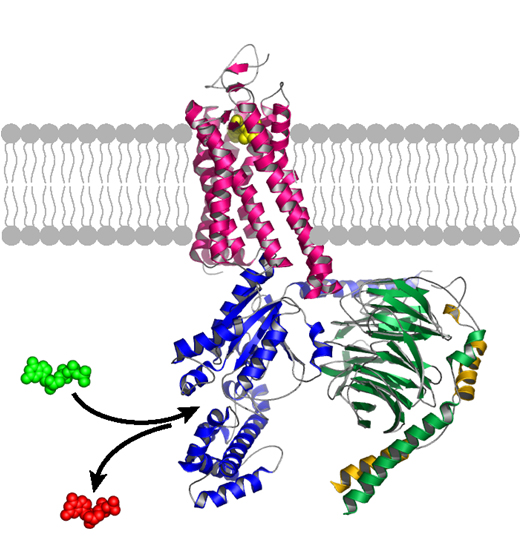
Nobel in Chemistry reveals VU ties that bind
Several Vanderbilt researchers have collaborated with this year's Nobel Chemistry winners. Read MoreOct 18, 2012